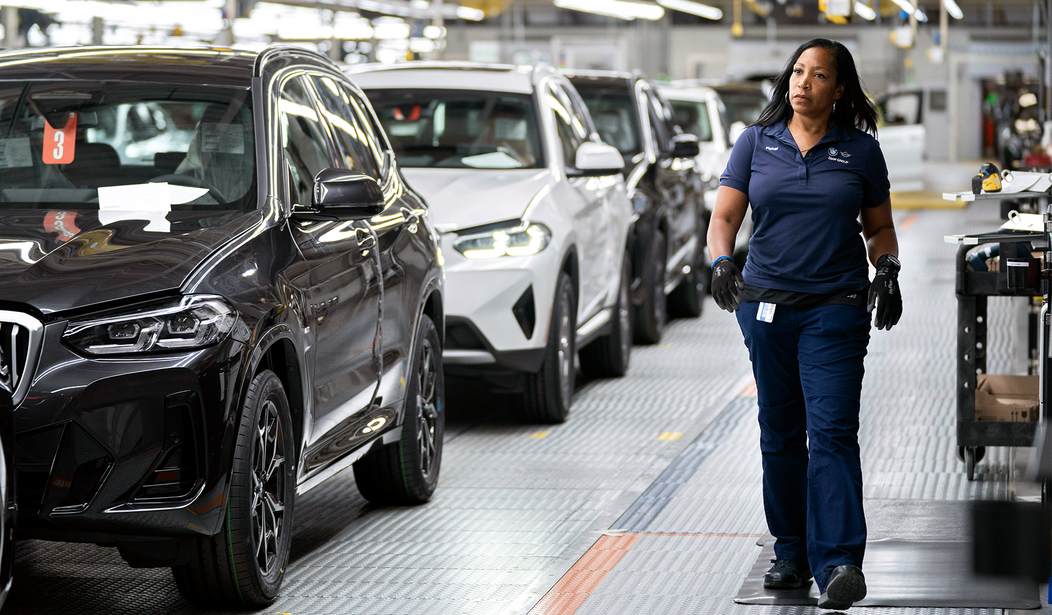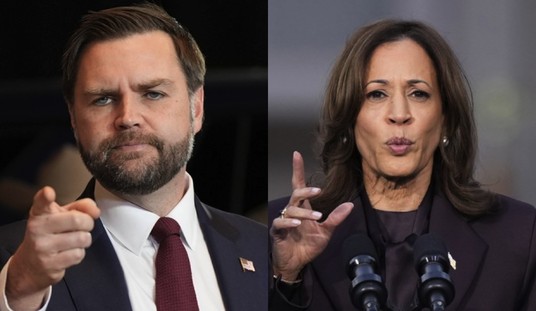CNBC has admitted that the attempted transition from gas-powered to electric vehicles (EVs) has failed.
The business-focused news channel explained in a piece on Wednesday that "EV euphoria is dead" and that the largest automakers are drastically scaling back their plans.
The piece read:
For years, the automotive industry has been in a state of EV euphoria. Automakers trotted out optimistic sales forecasts for electric models and announced ambitious targets for EV growth. Wall Street boosted valuations for legacy automakers and startup entrants alike, based in part on their visions for an EV future.
Now the hype is dwindling, and companies are again cheering consumer choice. Automakers from Ford Motor and General Motors to Mercedes-Benz, Volkswagen, Jaguar Land Rover and Aston Martin are scaling back or delaying their electric vehicle plans. Even U.S. EV leader Tesla, which is estimated to have accounted for 55% of EV sales in the country in 2023, is bracing for what “may be a notably lower” rate of growth, CEO Elon Musk said in late January.
The report goes on to outline some of the principal reasons why the market is struggling and concedes that the Biden administration overestimated the willingness of consumers to make the switch from traditional gas-powered vehicles:
After significant interest from early EV adopters — bolstered by low interest rates and Tesla’s rise — interest rates skyrocketed, raw materials costs surged and the vehicles became much more expensive compared with their traditional counterparts.
It’s also become clear that the automotive industry and the Biden administration, which set its own target for half of new U.S. vehicle sales to be electric by 2030, overestimated the willingness of consumers to adopt a new technology without a reliable and prevalent charging infrastructure.
Such an article points to the growing resignation among progressives and advocates of electric vehicles that their proposals do not make economic sense.
Last month, The New York Times reported that the Biden administration would give up on its EV production targets as part of a "concession" to automakers and labor unions:
The change comes as President Biden faces intense crosswinds as he runs for re-election while trying to confront climate change. He is aiming to cut carbon dioxide emissions from gasoline-powered vehicles, which make up the largest single source of greenhouse gases emitted by the United States.
At the same time, Mr. Biden needs cooperation from the auto industry and political support from the unionized auto workers who backed him in 2020 but now worry that an abrupt transition to electric vehicles would cost jobs.
The prospects for the EV industry could get even worse if Donald Trump succeeds in winning back the White House later this year. As a strong proponent of American energy independence, Trump is widely expected to pull the plug on a variety of environmental targets, including EV production.
Following a recent meeting with Tesla CEO Elon Musk, Trump revealed that the pair were "obviously" not in agreement on "a minor subject called electric cars."
"They don't go far, they cost too much, and they're all going to be made in China," Trump said. "You have to have all of the alternatives," he said. Electric cars — there's not even the possibility to go all-electric. This Biden all-electric mandate is by very, very stupid people."














Join the conversation as a VIP Member